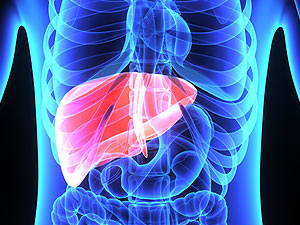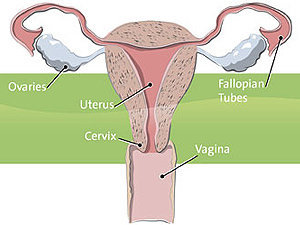Y90 Radioembolization for Liver Tumors

Radioembolization (Y-90) is a minimally invasive procedure that combines embolization and radiation therapy to treat liver cancer. Available as an outpatient procedure at South Nassau, Y-90 expands the number of treatment options for patients with liver cancer, offering the best response rate, and is considered the Standard of Care for treatment of inoperable liver cancer.
Performed by board-certified interventional radiologists, Yttrium-90 Radioembolization is injected into the blood supply to shrink liver tumors. Using X-ray imaging, a catheter is inserted through the skin into a blood vessel. Once in place, tiny beads coated with the Y-90 radioisotope are injected through the catheter. The beads - smaller in diameter than a human hair – become embedded in the tumor’s blood vessels, where they release a high dose of radiation to the tumor, destroying the cancer while sparing healthy surrounding tissue.
The procedure, which can extend life for months and possibly years, is performed on an outpatient basis and treats tumors that have originated in the liver or have spread to the liver from another part of the body. Y-90 Radioembolization may be an option for patients who are not candidates for surgery or liver transplantation.
The most common side effects of Y-90 treatment are:
- Fatigue
- Temporary decrease in appetite
- Slight fever
- Nausea
The Y-90 technique allows the tumor to be treated with much higher doses of localized radiation than with standard external radiation, which may be limited in its effectiveness.
For more information, call 1-877-South-Nassau (1-877-768-8462).

Uterine Fibroid Embolization
Mount Sinai South Nassau’s fellowship-trained interventional radiologists use minimally invasive...
Read More

Y90 Radioembolization for Liver Tumors
Radioembolization (Y-90) is a minimally invasive procedure that combines
embolization...
Read More